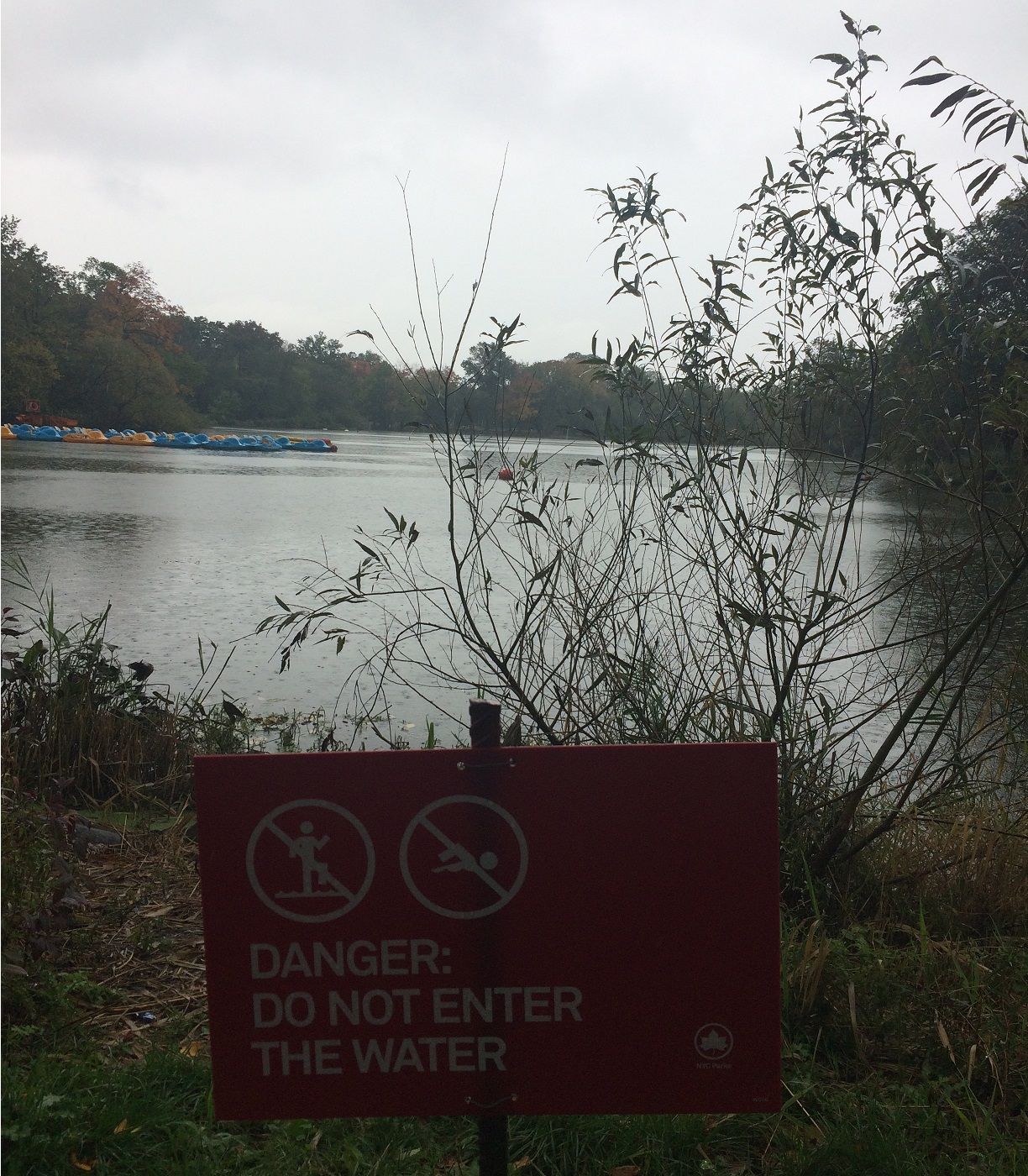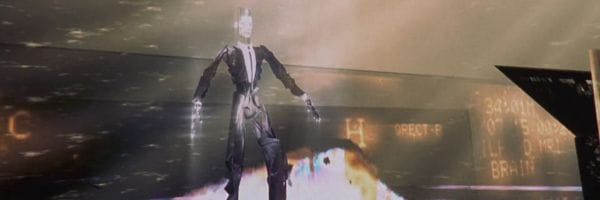Notes Toward the Sea

The sea is everything that is the case.
underrated how "everything is water," despite being the first philosophical idea, has not gotten any less wacky since
— Evan (tweed) (@beingandslime) July 9, 2020
This tweet refers to the ideas of pre-Socratic philosopher Thales. I draw attention to this because
- Thales was right.
- Thinking about things through the perspective of water is actually a lively community right now.
In 2013, John R. Gillis wrote for the National Endowment for the Humanities' Humanities magazine, "A shift in attention from land to sea is under way in several fields simultaneously." Describing what Steve Mentz calls "blue humanities," Gillis explains, "Early modern science knew much more about the heavens than about the oceans ... Modern times accomplished what no other era had even attempted, namely the discovery of the temporal and spatial depth of the sea." We understand sea-faring as historically crucial, and from a literary perspective, such activity has a foundational presence, such as through Homer's Odyssey.
Until the nineteenth century, however, Gillis notes that the focus was primarily on the people and their ships, with the sea itself little understood. Scholarly interest in the sea comes from trying to understand its role in our imagination.
One of the greatest poems of all time is "A Grave," published by Marianne Moore in Dial 71, July 1921. She begins:
Man looking into the sea,
taking the view from those who have as much right to it as you have to it yourself,
it is human nature to stand in the middle of a thing,
but you cannot stand in the middle of this;
the sea has nothing to give but a well excavated grave.

Consider as well a couple excellent recent poems on the subject:
First, read James Richardson's "Not the Ocean?" from his June 2020 collection For Now. Separated from the ocean by space, he wonders what we can know if we search, or if we look up from our phones and out the window of an elevated train and see the nearby beach. He also turns to an earlier poet, Matthew Arnold, speaking of the sea. All these things piece together our belief, which allows us to relax, a quality so necessary to so many. As Richardson writes,
I’ve searched
the papers, but the things
these days that pass unsaid
are world-size.
Second, read Ken Babstock's "Peak Spader" from his October 2020 collection Swivelmount. Where Moore wrote that "you cannot stand in the middle of this," Babstock explores the presence of our undersea cables, which allow fast, stable connections across continents, the sort of interactions Richardson wrote about above. We like to think of our connections as guided by satellites, but the sea remains a prominent space of human engagement through the shift, as Babstock notes, to fiber optic cables.
Here, "We love / the light for its polluting effects," while sharks attack the cables, though we cannot know what it is in them they seek. Babstock writes,
The predators are after the sheathing or they’re
after the light inside, we can’t know as they operate
deep in dark fathoms – a night goes by in a pulse. Pause
to reconcile the farm labour with the binge watch,
the special dentistry with the democratic urge.
As he speaks of the "original / dark contraband, illuminate sin" of those "conceived in light" or "conceived of light," I imagine at once the undersea life whose conditions our infrastructure is impacting and the new generations of digital natives whose living conditions are also governed by that same undersea infrastructure.
The sea is everything that is the case.





